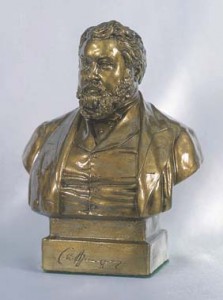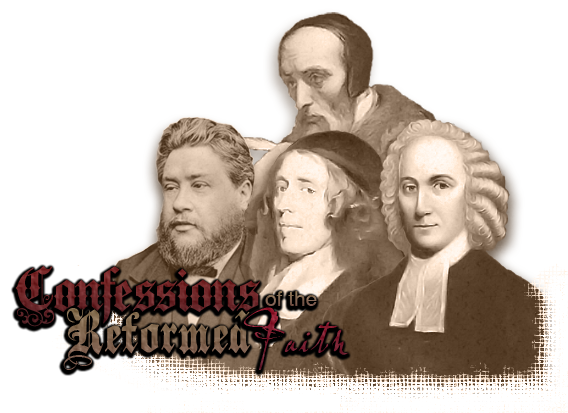 Late last week, the English Prime Minister gave a quite amazing speech honoring the 400th anniversary of the King James Bible. He said:
Late last week, the English Prime Minister gave a quite amazing speech honoring the 400th anniversary of the King James Bible. He said:
The Bible is a book that has not just shaped our country, but shaped the world.
And with 3 Bibles sold or given away every second, a book that is not just important in understanding our past, but which will continue to have a profound impact in shaping our collective future.
In making this speech I claim no religious authority whatsoever. I am a committed – but I have to say vaguely practising – Church of England Christian, who will stand up for the values and principles of my faith… but who is full of doubts and, like many, constantly grappling with the difficult questions when it comes to some of the big theological issues.
But what I do believe is this. The King James Bible is as relevant today as at any point in its 400 year history. And none of us should be frightened of recognising this.
Why?
Put simply, three reasons.
First, the King James Bible has bequeathed a body of language that permeates every aspect of our culture and heritage… from everyday phrases to our greatest works of literature, music and art.
We live and breathe the language of the King James Bible, sometimes without even realising it. And it is right that we should acknowledge this – particularly in this anniversary year.
Second, just as our language and culture is steeped in the Bible, so too is our politics.
From human rights and equality to our constitutional monarchy and parliamentary democracy, from the role of the church in the first forms of welfare provision, to the many modern day faith-led social action projects… the Bible has been a spur to action for people of faith throughout history, and it remains so today.
Third, we are a Christian country and we should not be afraid to say so.
Read the full speech here.

 If we can use our imagination Jesus, shortly after His birth, it would be true to say that humanly speaking, He was fragile as He was being held in the arms of His mother; yet if we could peer for a moment beyond the physical, Jesus as God, was not only holding His mother, but every cell and atom together in this Universe.
If we can use our imagination Jesus, shortly after His birth, it would be true to say that humanly speaking, He was fragile as He was being held in the arms of His mother; yet if we could peer for a moment beyond the physical, Jesus as God, was not only holding His mother, but every cell and atom together in this Universe. “I do not serve the god of the Arminians at all; I have nothing to do with him, and I do not bow down before the Baal they have set up; he is not my God, nor shall he ever be; I fear him not, nor tremble at his presence… The God that saith today and denieth tomorrow, that justifieth today and condemns the next… is no relation to my God in the least degree. He may be a relation of Ashtaroth or Baal, but Jehovah never was or can be his name.” – C.H. Spurgeon
“I do not serve the god of the Arminians at all; I have nothing to do with him, and I do not bow down before the Baal they have set up; he is not my God, nor shall he ever be; I fear him not, nor tremble at his presence… The God that saith today and denieth tomorrow, that justifieth today and condemns the next… is no relation to my God in the least degree. He may be a relation of Ashtaroth or Baal, but Jehovah never was or can be his name.” – C.H. Spurgeon (1) Outspoken atheist Christopher Hitchens died last night at the age of 62. A statement from Vanity Fair said that he died Thursday night at a cancer center in Houston of pneumonia, a complication of his esophageal cancer. Doug Wilson has written an interesting obituary
(1) Outspoken atheist Christopher Hitchens died last night at the age of 62. A statement from Vanity Fair said that he died Thursday night at a cancer center in Houston of pneumonia, a complication of his esophageal cancer. Doug Wilson has written an interesting obituary  For those who would like to examine the differences between the 1646 Westminster Confession of Faith and the 1689 London Baptist Confession of Faith, a very helpful tabular comparison can be found
For those who would like to examine the differences between the 1646 Westminster Confession of Faith and the 1689 London Baptist Confession of Faith, a very helpful tabular comparison can be found 
 Dr. Kim Riddlebarger is senior pastor of Christ Reformed Church (URCNA) in Anaheim, California, and is co-host of The White Horse Inn. He is also author of A Case for Amillennialism. He writes:
Dr. Kim Riddlebarger is senior pastor of Christ Reformed Church (URCNA) in Anaheim, California, and is co-host of The White Horse Inn. He is also author of A Case for Amillennialism. He writes: